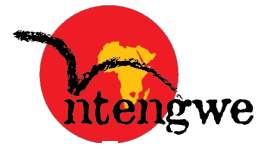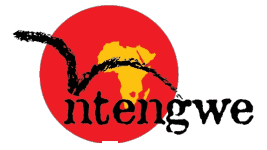Disaster Risk Reduction
Gender Responsive Disaster Risk Reduction
The visible impacts of climate change in Matabeleland North – drought – deforestation, flooding, soil erosion, changing weather patterns – are striking, but so is its impact on women and their families. In Matabeleland North, where climate change is aggravating poverty, women are disproportionately affected because of their close connections to the environment.
Drought has become an increasing natural hazard. Although women are forced to bear the brunt of the consequences of climate change, they have been systematically excluded from decision-making mechanisms.
Nevertheless, women are contributing to both adaptation and mitigation efforts, and they are creating innovative and localized solutions to build resilient communities.
 In response to the drought in Binga, Hwange and Lupane district in 2019, Ntengwe supported grassroots women advocates to ensure the disaster response and recovery process was shaped by women’s perspectives and responded to the common and differentiated needs of children, youth, families and communities.
In response to the drought in Binga, Hwange and Lupane district in 2019, Ntengwe supported grassroots women advocates to ensure the disaster response and recovery process was shaped by women’s perspectives and responded to the common and differentiated needs of children, youth, families and communities.
Grassroots women leaders supported gender-sensitive assessments, mapping out plans towards women’s access to resources.
A special focus in our Disaster Risk Reduction (DRR) work is put on increasing women’s engagement and leadership in DRR and Disaster Management and Climate Change Adaptation, through targeted capacity building, awareness raising and training, with the aim of moving women to the front row when it comes to debate and decision making.
We highlight gender-specific issues and successfully advocate for the adoption of local plans for the implementation of the Sendai Framework. As a result, the districts, firmly continue to commit to gender equality and women’s empowerment.

